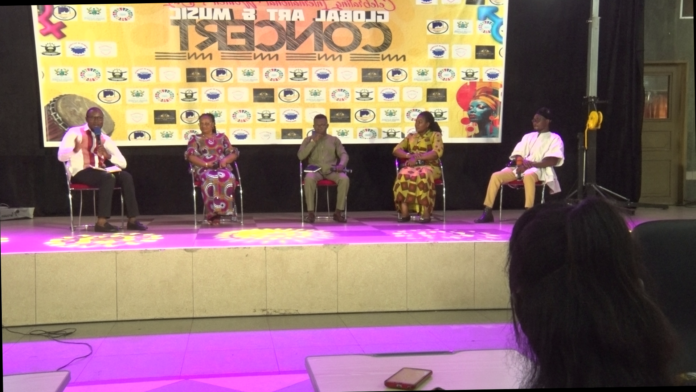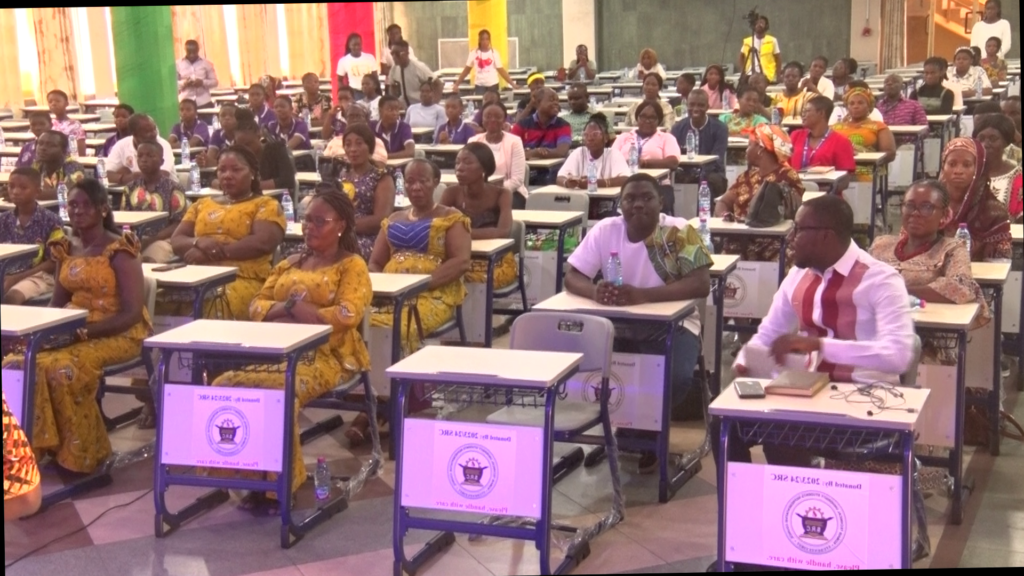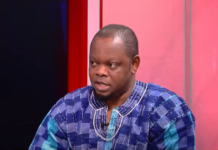
Some gender advocates are suggesting that the government finds alternative fund supports to absorb costs of sanitary pads for young girls who are unable to purchase the hygienic pads.
One of such advocates recommending that the government makes allotment to provide free sanitary towels for young females is Business Consultant, Dr. Nana Esi Amos Abanyin.
She is suggesting that the Ghanaian Education Trust Fund to support the girl child education by allotting a portion of its funds for the procurement of sanitary products.
“The girls are home and not in school due to common factors, Sanitary pads they cannot afford. The Get-Fund can at least allocate 0.1 or 1%specifically to support the girls. Although its sole focus is on building schools, it is only the males that will have access to it if they girls aren’t also catered for,” she said.
There have been calls on the government to reduce the cost of the pads which they insist are expensive to afford due to heavy tax impositions.
The situation is impeding the academic progress of many young girls as they are compelled to stay out of school to tend to their menstrual needs.
According to Dr. Abenyin, the government needs to invest in the education of young girls to empower them and create more equitable society.
“If the girls are not educated well the government should forget it” she stated.
Supporting the call, Deputy Country Director of Send Ghana, Dr. Emmanuel Ayifah suggests that the government can also strategize absorb the sanitary wears under the National Health Insurance Scheme.
“ We can still look within possibly the nhis because that is health,to support the aspect of sanitary pad. We’re hoping the government can help support the distribution of sanitary pads, promote local production and reduce the price to make sanitary pads affordable for everyone,” he said.
They made the submissions during a symposium for gender advocacy organized by Send Ghana in collaboration with I Believe Global and the Kumasi Technical University.
The event brought together students, market women and other gender actors to deliberate on the country’s strive for gender equity.
The 2022 United Nation’s Voluntary National Review for the Sustainable Development Goals reports Ghana’s strive for Gender parity is on steady trajectory.
The quest for gender parity appears to be attainable as parliament considers the Affirmative Action Bill which has since not be passed into law following its introduction some 13 years ago.

Dr. Abenyin asserts the country must deliberately focus on institutes measures for gender parity, insisting women must take the fight aggressively.
“If no action is taken and there is no way we can make a progress. It’s apparent that external assistance for women may not be forthcoming. Hence, they must take the initiative to stand on their own and transform discussions into definitive actions,” she added.
Director for I Believe Global, Professor Smile Dzisi admonished the public to break away from gender stereotypes.
She believes that the stereotypical comments undermines the contributions of women, restricting them from taking up leadership roles.
“There is this perception that females cannot occupy certain positions very well.They think femidity is timidity, you can’t take bold decisions and that is a problem problem because we have great female leaders performing well,“ she said.
Prof. Dzisi is advocating the cause for entrepreneurial skills training and financial empowerment for women.
“It is challenging for girls to access financial assistance from banks. According to her, some banks even require them to provide male guarantees despite the fact that women are often more capable managers than men,” she said.






